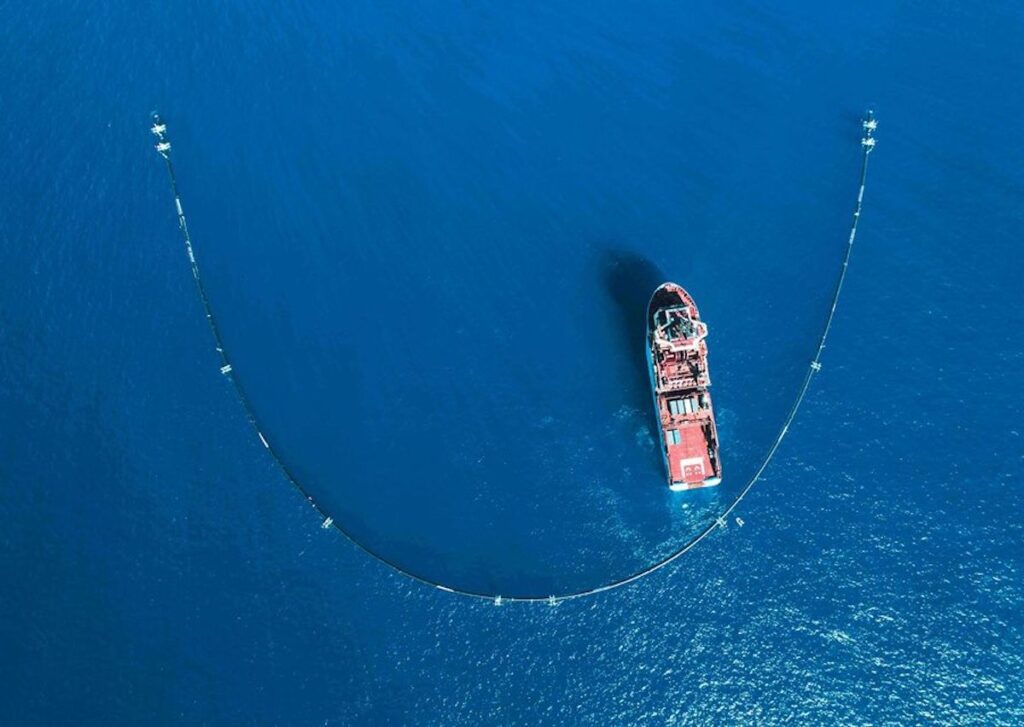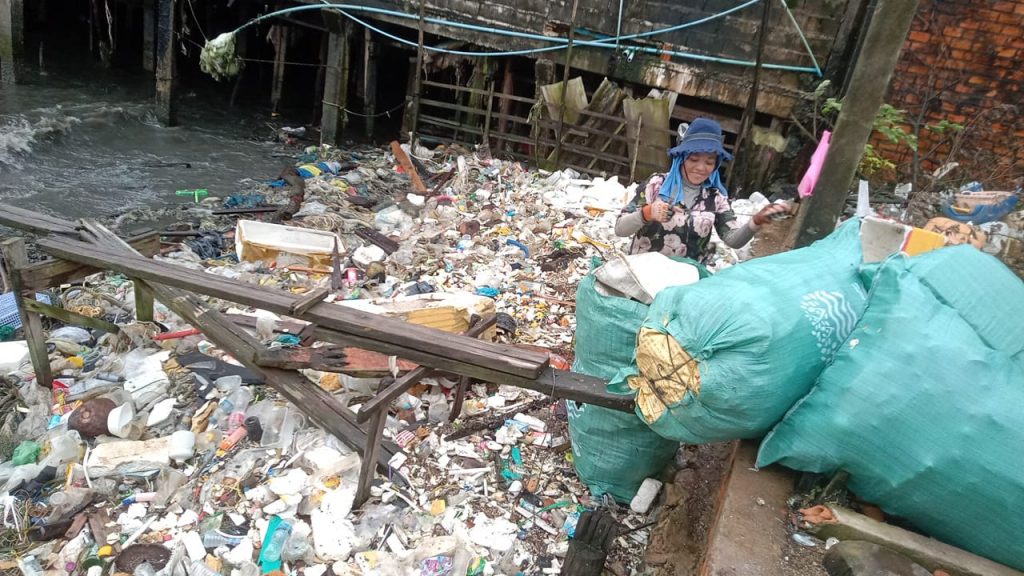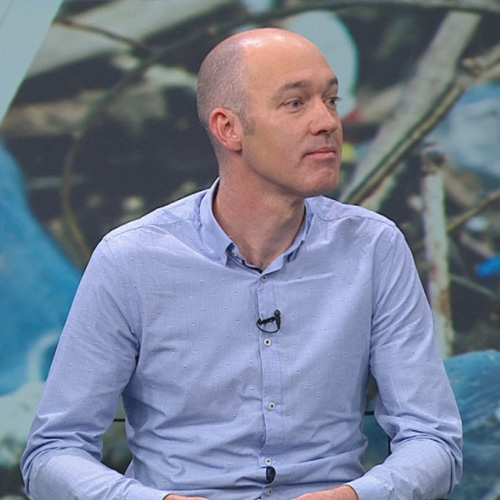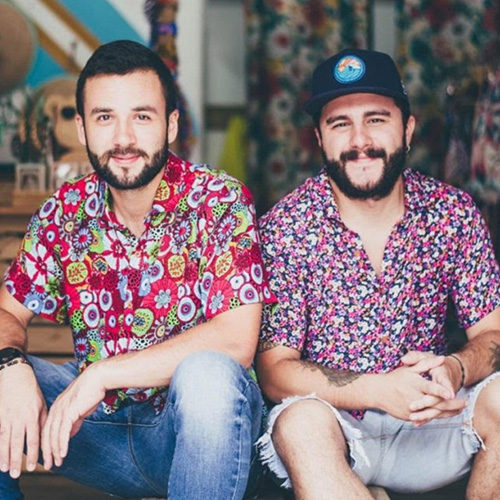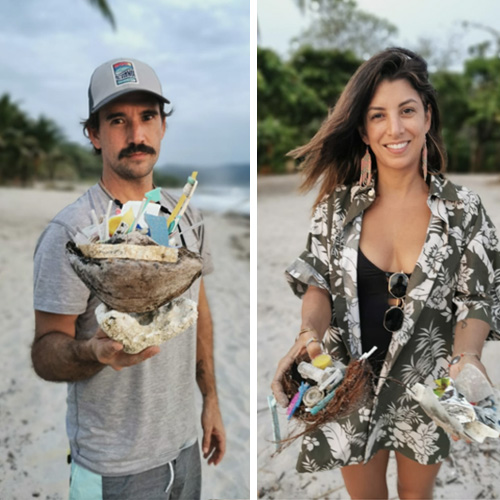
Meet the PET-powered Marine and Ocean Ecosystem Restoration schemes that are pulling plastic out of our oceans and raising awareness of the issue around the world.
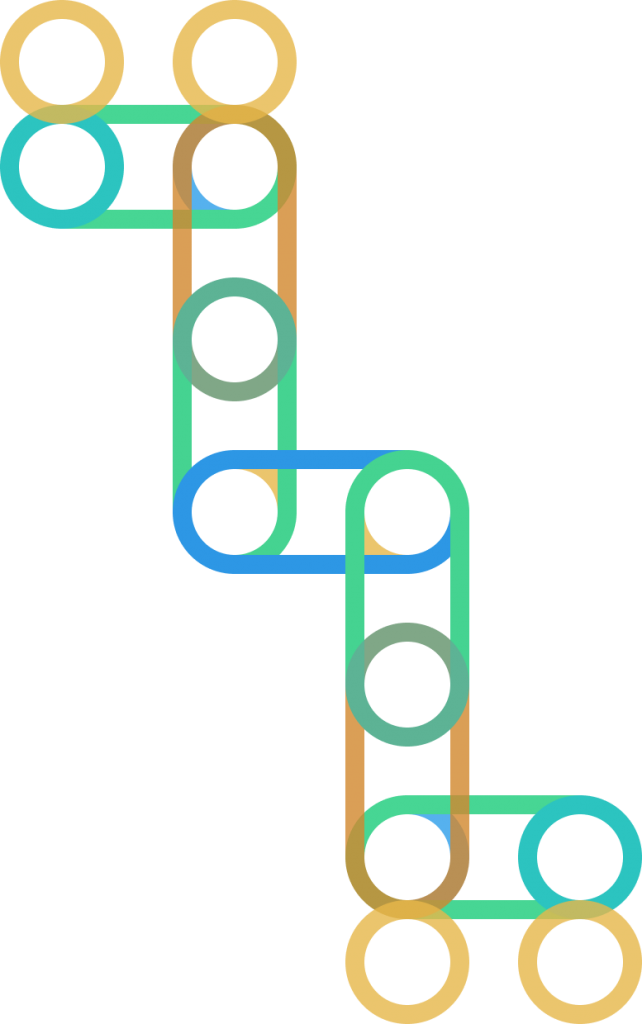
Our oceans stand on the frontlines of climate change, making the health of marine ecosystems a marker for the health of our planet.
Despite dominating our planet in terms of area and volume – taking up more than 70% of global surface area – the oceans are home to just 1% of our biomass. But they do dominate the animal kingdom with 78% of animal biomass living in the marine environment, and as such act as enormous carbon sinks.
Issues such as overfishing, including destructive practices such as bottom trawling, are having a dramatic impact on the loss of species in the world’s oceans, there has also been plenty written about the amount of impact of waste making its way into our oceans too.
Both issues are placing strain on these crucial ecosystems, which are estimated to have absorbed 39% of all the carbon dioxide produced in the post-industrial age and are responsible for receiving 2 gigatons (and rising) of carbon dioxide emissions a year. All this makes our oceans one of the principal areas for addressing both biodiversity loss and helping to arrest climate change.
With estimates that up to one garbage truck of plastic enters the ocean every minute, amounting to about 8 million tons each year, there have been some obvious questions raised about what can be done by plastic producers to help clean up some of the waste being produced and return our oceans to rude health.
The negative consequences of plastic waste has motivated consumer goods companies to concentrate most of their cleanup efforts in this area, and while the response is still relatively small compared to the scale of the problem being faced, there are promising initiatives in this area that offer optimism that we’re not too late in the bid to save our oceans and the wildlife that inhabits it.
Initiatives that deserve support.
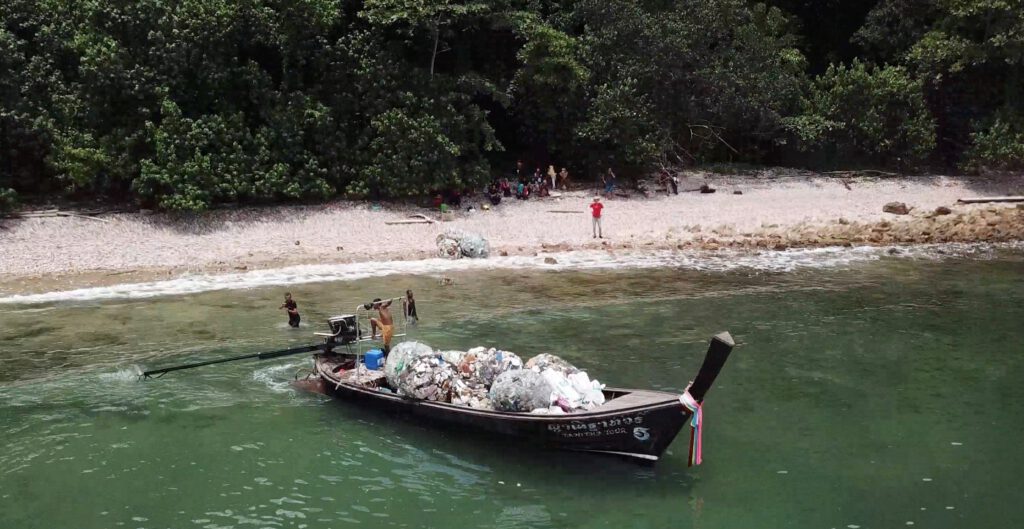
Verra and Second Life
In March last year, Verra issued the first plastic credits generated under its Plastic Waste Reduction Program to a cleanup project spearheaded by Second Life in Thailand. Taking a page from carbon offsetting, this exciting initiative shows there’s a demand for plastic offsetting and a mechanism to encourage the funding of grass-roots projects in different parts of the world, which is, in itself, an important step on the path to zero waste.
Following an extensive audit and review, Verra issued more than 650 waste collection credits and 60 waste recycling credits to Second Life Thailand, each credit representing one metric ton of plastic waste either removed from the environment or recycled. The revenue generated from these credits is crucial for an initiative like Second Life, as it allows them to scale their work in vulnerable communities with limited recycling infrastructure.
The innovative project has shown that plastic credits can serve an important function for companies that have taken steps to reduce their plastic footprint within their own value chain, and now seek to address plastic leakage outside their value chain. As part of the audit process in providing credit funding, Verra ensures that all projects like Second Life implement social and environmental safeguards to improve the livelihoods of workers and community members within the project’s scope.
With one successful applicant now trading in plastic credits, Verra’s scheme can now be rolled out to other similar projects, which is great news for ocean cleanup organizations around the world.
More info:
Second Life
Verra Plastic Credits
TONTONTON
TONTOTON is working towards the realization of zero plastic coastlines one ton at a time through a plastic credit scheme, much like Verra and Second Life. The team works tirelessly to not only collect and recycle large quantities of non-recyclable plastic before it reaches the ocean, but also contribute to an emerging sustainable market by helping companies take responsibility for their plastic footprint.
Vietnamese restaurant chain Pizza 4Ps recently got involved with the initiative to offset the impact of plastic from their current packaging. Other brands supporting the initiative include Celebrity Cruises and Together they track the amount of plastic packaging used in their retail products, while TONTOTON rescues and recycles an equal weight of post-consumer, non-recyclable ocean-bound plastic on their behalf.
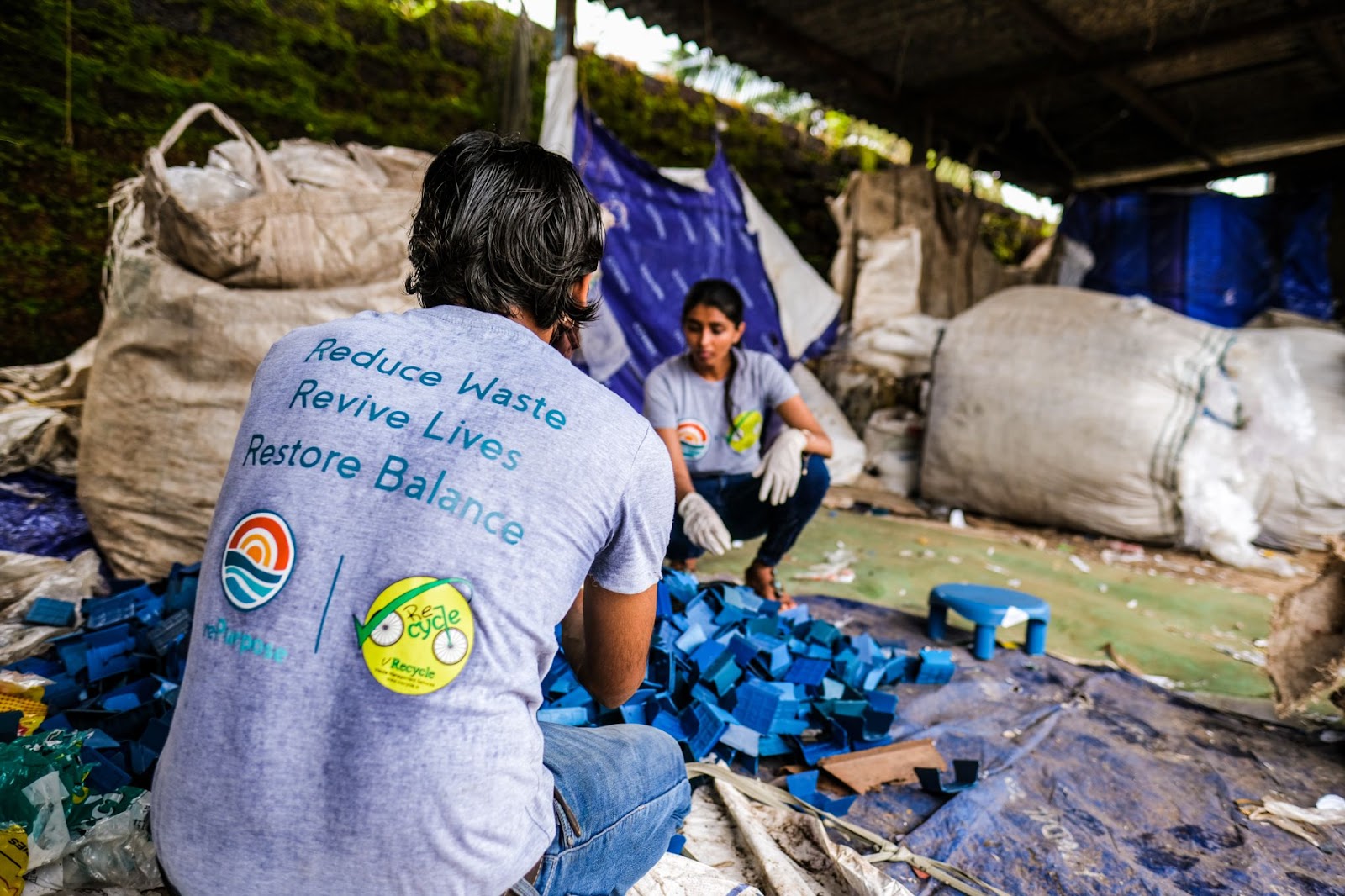
RePurpose
rePurpose is a global finance platform that’s had a big impact on how companies assess and solve their plastic footprint using plastic credits, accelerating the scale-up of innovative solutions that protect our oceans from plastic waste and infusing these into the core identities of the brands that get involved.
As one of the world’s most trusted plastic credit programs, rePurpose has spent years exploring the feasibility of credits in incentivising action and funding troops on the ground that do the work. Together with their coalition of over 100 corporate partners, rePurpose has assisted in the removal of over 7,000 tons of waste from oceans and rivers.
And while they support efforts to enable global brands to engage with plastic credits and their Plastic Neutral certification, rePurpose has made it clear they think the sector should also ensure sustainability innovations focus on improving democratization and accessibility to all businesses, no matter their size.
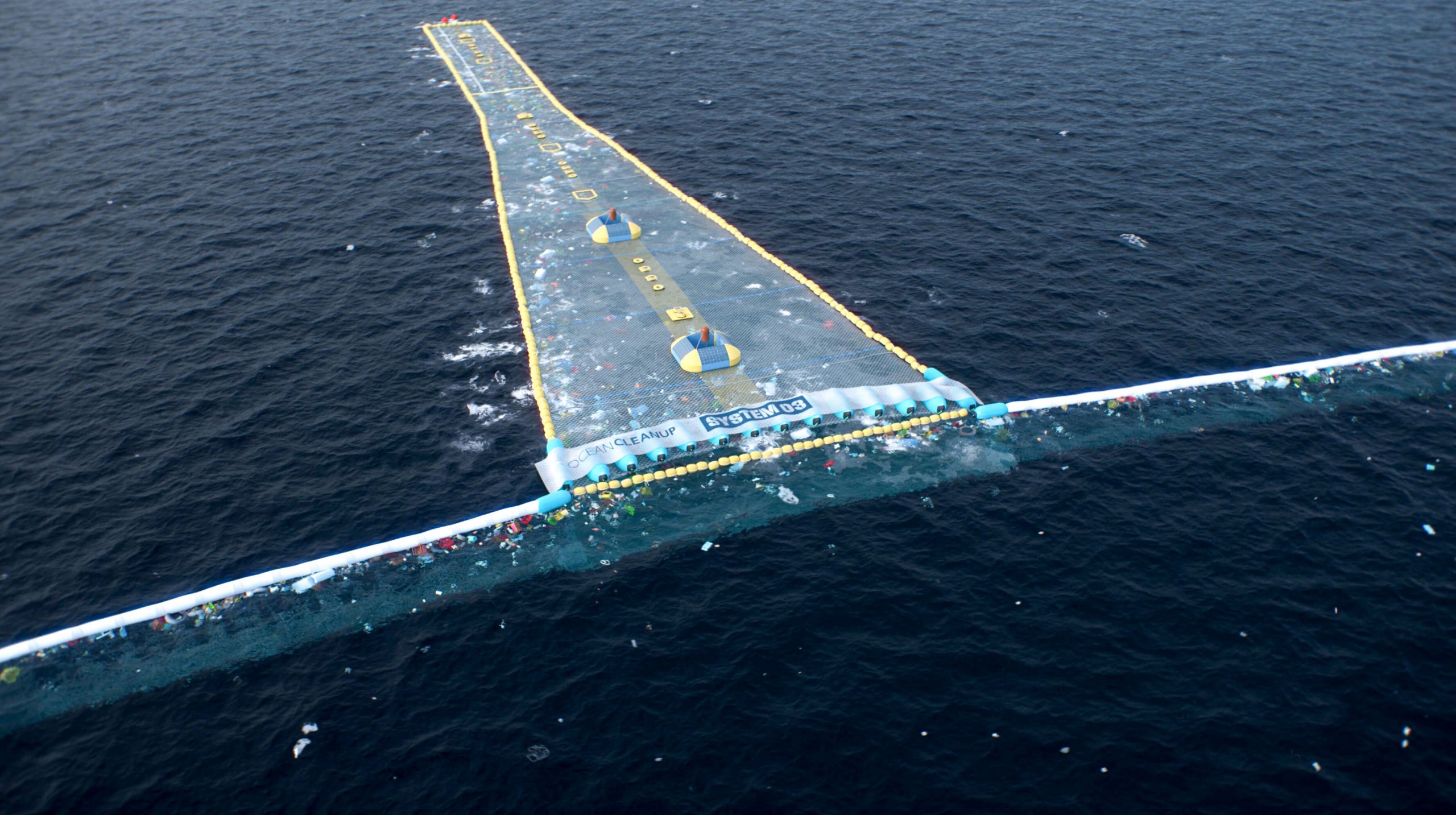
The Ocean Cleanup
Dubbed “the largest cleanup in history”, The Ocean Cleanup has shown how industry can mobilize behind a cause, developing and scaling technologies in an effort to clean up our oceans and rivers.
Their innovative interceptors have cleared nearly 1,400 tons of plastic from targeted areas, especially focussing on the “Great Pacific Garbage Patch”, moving towards their ambitious goal of clearing 90% of floating ocean plastic.
The first few operations might be a drop in the ocean considering the investment to date, but the mission has at least furthered awareness of the type of plastic waste that’s accumulating in the oceans – it’s predominantly waste from deep sea fishing.
The initiative has recently re-focused on cutting off the flow of plastic at source in 15 major rivers around the world, working with the Coca-Cola Company as a global implementation partner to reduce the amount of plastic making its way into the ocean using advanced technology to intercept and recycle plastic.
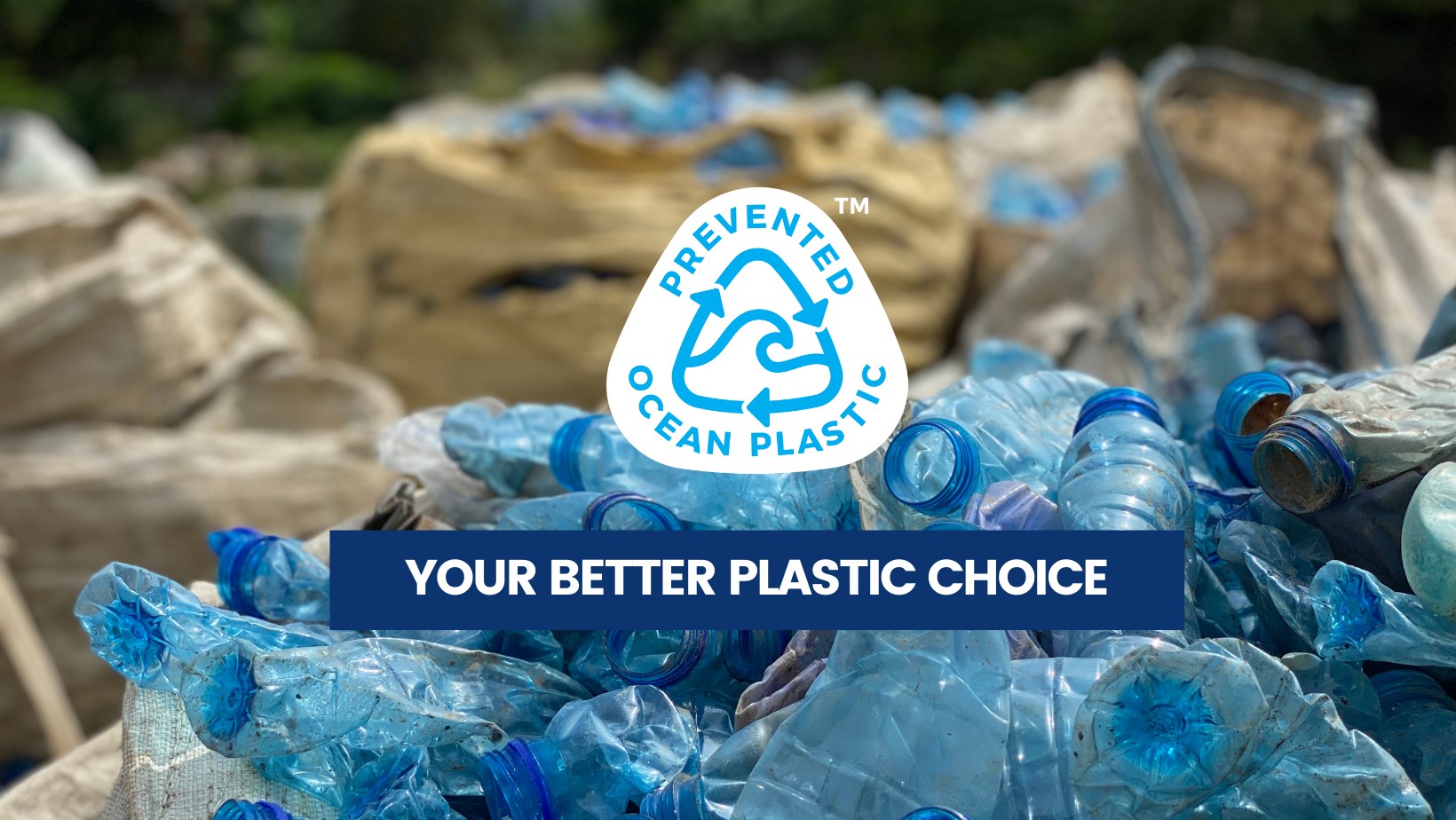
Prevented Ocean Plastic
Another example of a business seeking to stop the flow of plastic before it makes its way into the oceans is rPET manufacturer Bantam Materials.
Its Prevented Ocean Plastic program is a global recycling initiative which helps tens of thousands of people around the world to earn a living and clean their coastlines, and currently prevents over 1,000 tons of plastic from reaching the ocean each month.
The program gives brand owners and customers the ability to clearly track the materials in their products back to specific coastal communities in at-risk areas like South East Asia, South America and the Galapagos Islands, the Mediterranean, Central America and the Caribbean.
By enabling consumers to make better informed choices about the types of plastic packaging they’re choosing to buy, the initiative aims to show companies that supporting recycled plastic collected from coastlines at scale is not only good business for them, but more importantly for our oceans.
It estimates that it has recycled 10 billion bottles and contributed USD$250 million to developing communities, preventing plastic waste from reaching the ocean since 2005.
More info:
Prevented Ocean Plastic
Bantam Material
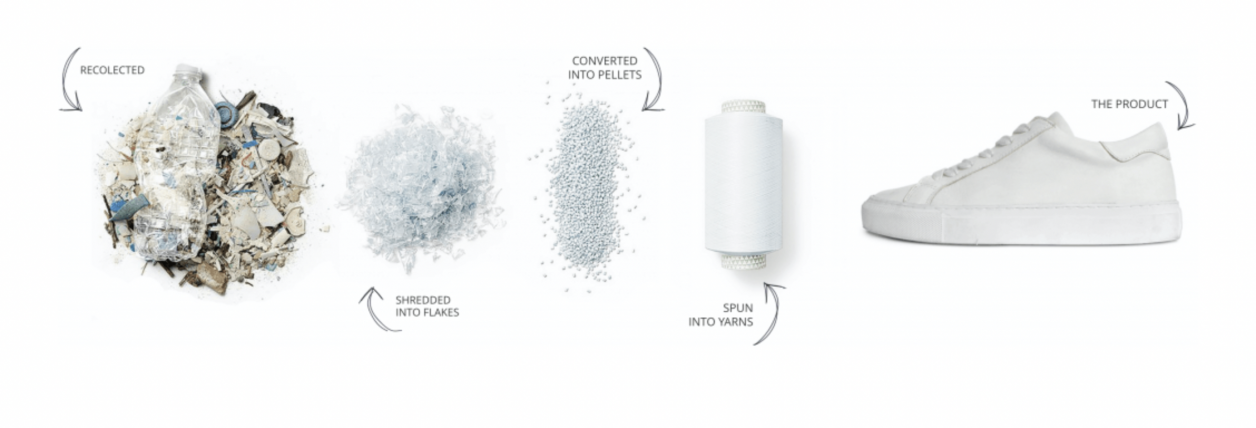
Skizo Shoes
Portugal-based startup, Skizo Shoes, is showing the world that one person’s trash is another’s treasure, giving eco-friendly consumers a chance to create their own unique piece of fashion created with rubbish recovered from the rivers, beaches and oceans close to Porto and Lisbon.
Skizo founders André Facote and Andreia Coutinho saw the perfect opportunity to not only fund environmental cleanups, but change the way we think about fashion.
Their message is clear – production by order only is the future, as it will create less waste, use fewer natural resources and decrease the damage caused by fast fashion and impulse buying.
More info:
Skizo Shoes
PET Heroes 2023 / Andre Facote
The AdaPETation Podcast / Andre Facote
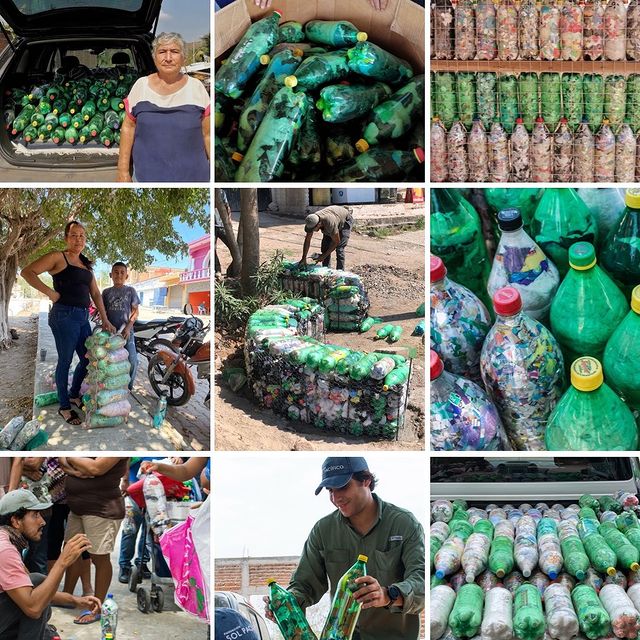
Fundacion Sol Pacifico cleaning up the beaches of Mexico
Fundacion Sol Pacifico
A Mexican initiative to clean up and reduce waste in the coastal area of Jalisco. Fundación Sol Pacifico is a venture established by PET packaging and recycling group, Evertis & Selenis (IMG Group).
The foundation has focused on education and has been successful in encouraging communities to care for the environment through separation and collection programs for PET plastic materials and by attaching a value to waste and promoting recycling in the local population.
More info:
Fundación Sol Pacifico
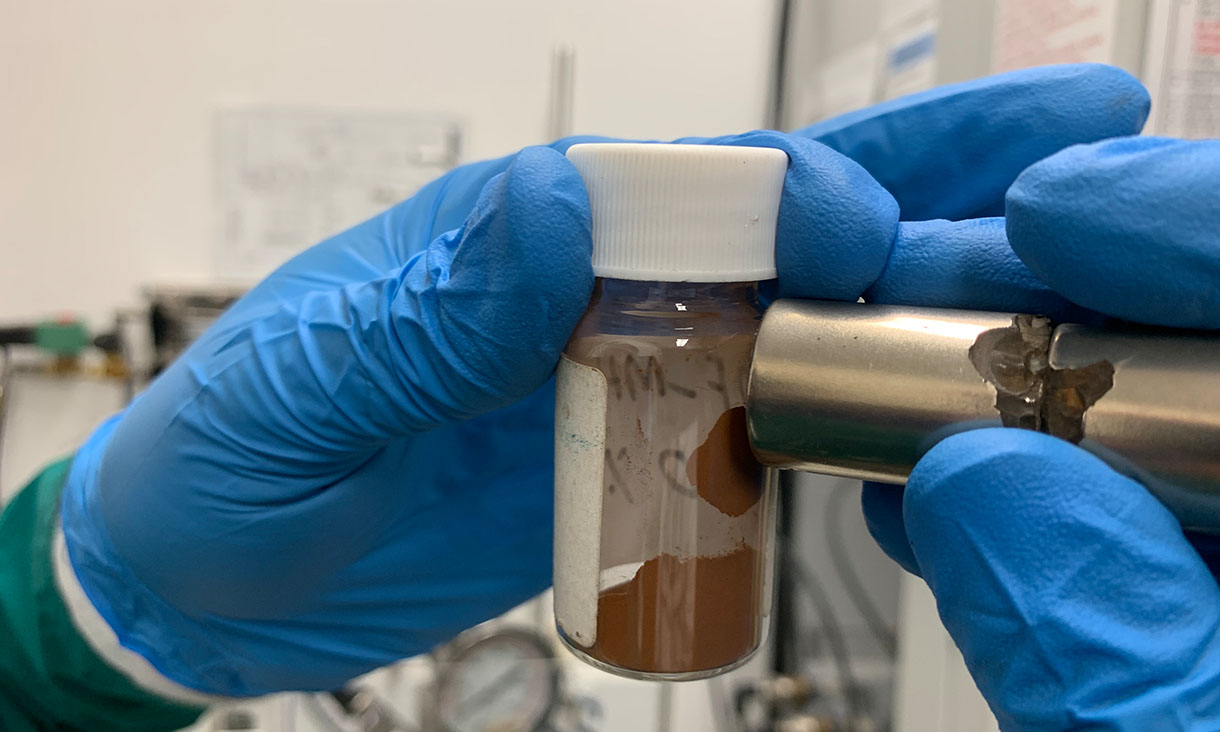
Important Microplastics Breakthrough
While most of the energy in the ocean and marine ecosystem restoration field is currently focused on preventing plastic from entering the seas, the removal of plastic that has already found its way into oceans or other waterways is a significant challenge that will need to be addressed.
The issue of microplastics, resulting from the breakdown of plastic waste will need to be dealt with to avoid any possible problems associated with plastic entering the food chain.
There was very good news on this at the start of 2023 when researchers at RMIT University announced that they had found an innovative way to rapidly remove hazardous microplastics from water using magnets.
Lead researcher Professor Nicky Eshtiaghi said existing methods could take days to remove microplastics from water, while their cheap and sustainable invention achieves better results in just one hour.
The team says they have developed adsorbents, in the form of a powder, that remove microplastics 1,000 times smaller than those currently detectable by existing wastewater treatment plants.
The researchers have successfully tested the adsorbents in the lab, and they plan to engage with industry to further develop the innovation to remove microplastics from waterways.
The research results are published in the Chemical Engineering Journal.
“The nano-pillar structure we’ve engineered to remove this pollution, which is impossible to see but very harmful to the environment, is recycled from waste and can be used multiple times,” said Eshtiaghi from the School of Engineering.
“This is a big win for the environment and the circular economy.”
The university is now looking for partners to help further its studies and prove the technology’s ability to function outside a lab environment.
More info:
Chemical Engineering Journal.
RMIT Australia
If you know of any other PET-powered initiatives supporting ocean and marine ecosystem restoration please share with us any information that you think we might find useful.
As the ancient proverb goes, “The best time to plant a tree was 20 years ago. The second best time, today”. If you want to take a step towards fostering a regenerative mindset, or improve the impact your current value chain has on the environment, we’d love to hear from you and help support the good work you’re doing. Get in touch with us and take advantage of our extensive global network, and work together to restore some of our fragile ecosystems.
Sign up to the AdaPETation network and share with us what you can do to contribute to the United Nations Decade on Ecosystem Restoration.
Share it
THE HISTORY OF PLASTIC
Throughout the history of plastic, PET has been crucial in keeping food fresh with lightweight and durable packaging solutions that have helped reduce food waste for almost a century. Learn all about the invention of plastic and the important role it has played feeding people and saving the lives of humans and elephants in the adaPETation® timeline of the history of plastic.

